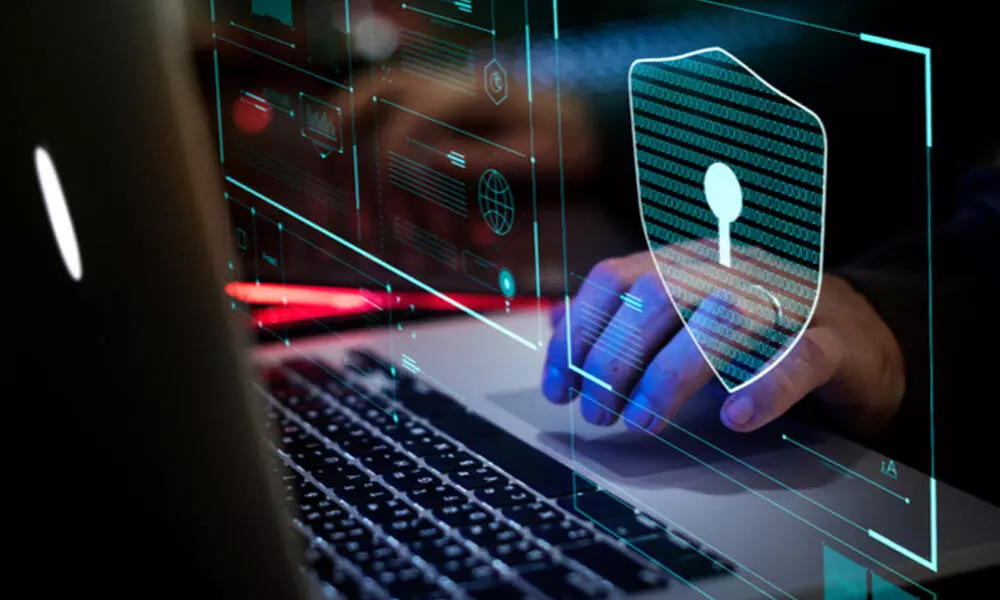Handbook on 'Digital Hygiene'

Handbook on ‘Digital Hygiene’
Secure internet browsing, closing webcam and computer audio when not in use, not downloading content while using public wi-fi and using a password manager are among the recommendations made by University Grants Commission in its draft handbook on ‘Digital Hygiene’.
Secure internet browsing, closing webcam and computer audio when not in use, not downloading content while using public wi-fi and using a password manager are among the recommendations made by University Grants Commission in its draft handbook on 'Digital Hygiene'.
The UGC has drafted a handbook for Higher Educational Institutions (HEIs) to enable students and teachers to stay safe in 'Cyber Space'. The handbook which also details "Redefined behaviour protocols for students and objectives of teachers in virtual classes" comes against the backdrop of the shift to online learning prompted by the COVID-19 pandemic. "In the emerging era of digitalisation, education requires tech-assisted teaching, learning solutions, and fast-paced innovations. Students and teachers now have access to smart mobile devices as well as a variety of remote e-learning and evaluation options. Virtual classrooms have brought a distinct perspective on the teaching-learning process as we move to teach online," the draft stated.
"There are numerous crucial characteristics of remote teaching that might be detrimental to the entire school community. Teachers, on the other hand, should be concerned about attacks that occur during virtual classroom lectures while the discussion is in progress," it read.
The commission noted that it is abundantly clear that we live in the big data world where 'Right to be Forgotten' or 'Right to be Erased' is not that easy as the identity of an individual is disclosed not only privately but on public platforms too.
"The metadata plays an important role due to which digital footprints are always left behind in one form or another to find the digital trail towards an individual. Your likes on social media posts, the content that you watch, web cookies on the websites you visit, etc., can make up your digital footprints," it said.
Trusting strangers, unawareness and underestimating the risk are among the major reasons listed by the commission which makes the users vulnerable in cyberspace. "Social engineering assaults, misinformation and propaganda, deep fakes, impersonation, spoofing, morphing, identity theft, cyber espionage, phishing, UPI fraud, are among the major cyber crimes that users need to be aware of," the handbook stated adding a list of do's and dont's for each of the crimes.
Keeping social media profiles' privacy settings as strict as possible, especially for the public and others, remembering that anything shared online will remain in cyberspace and can be misused anytime, not downloading books and apps from unreliable resources, not sharing financial information, installing a reliable anti-virus software, using a fire wall and clearing browsing history and browser cache from time to time to prevent the use of old forms, protect personal information and help applications run better, are among the recommendations made in the handbook.
"Another form of fraud is employment-related fraud, as people have started looking for job opportunities online. It has allowed scammers to trick people into scams. Scammers offer fake job opportunities to job seekers through various online services claiming to hold positions in recognized companies and this makes it difficult for people to find out if the offer is legitimate or no," it said. The UGC has also prepared a draft syllabus of Cybersecurity Course for undergraduate and post-graduation along with credit scheme. "The two documents will soon be put in public domain to seek feedback from stakeholders. The HEIs should designate a faculty member as Cyber Security Officer and also strive for ISO certification.
The institutions should focus on having cyber security protocols in place," a senior official said. "HEIs may consider offering a course on cybersecurity to all the students to create awareness and capacity building for teaching of cybersecurity course should be done," he added.











